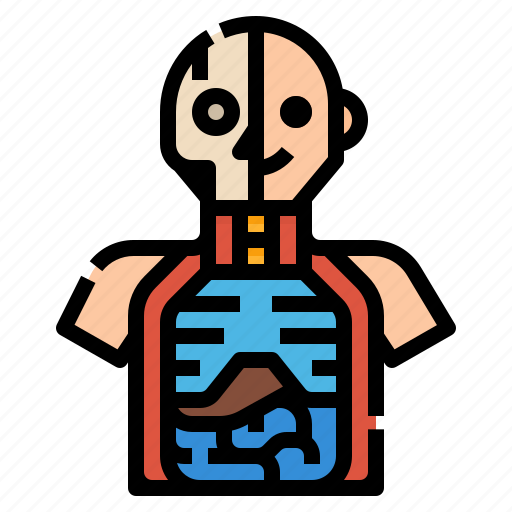One question that many people ask when they begin learning about human physiology is what is the spinal cord? The spinal cord is a very important part of the human body and one of the most important parts of the body in fact. The spinal cord is responsible for connecting our brain to the rest of our body. It is also responsible for transmitting signals from the brain to all of our organs.
Another question that most people ask when they are learning about human physiology is what is the connection between the nervous system and the spinal cord. The nervous system is responsible for coordinating the functions of our muscles, bones, and internal organs. It also allows us to communicate with other people through speech, vision, smell, taste, and hearing.
You may have also wondered about the connection between human anatomy and physiology. The human body consists of two basic types of structures; the skeletal structure and the cellular structure. There are also a number of additional structures which make up the structure of the body such as organs, bones, muscle, fat, and even blood.
When you are looking for answers to your questions about human anatomy, you may be wondering what happens to the tissues and organs that are within the structure of the body when it is torn or injured. In the event of an accident, organs can be severely damaged if not completely destroyed. This is often the case with large or broken bones and other body injuries. In the case of a major accident, the organs of the body may be severely damaged or may be completely destroyed.
Another common question that many people have when they are looking for answers to their questions about human anatomy is what are the different types of blood? There are four main types of blood; red blood cells, white blood cells, platelets, monocytes, and antibodies. The blood cells of a person’s body will provide him/her with nutrients and aid in the absorption of vitamins and minerals that the body needs. and also aid the body in the storage of energy that is required to maintain the body’s functions.
When you are looking for answers to your questions about human physiology, you may be curious as to what are the different parts of the human body that make up the lungs. These are the different areas within the human body that are responsible for supplying oxygen and air to the body and assisting the body in storing energy. The lungs of the human body are also the areas of the body that help in expelling toxins and waste products through the body. The lungs are also the areas of the body that help in moving the blood throughout the entire body.
If you are also looking for answers to your questions about human anatomy and physiology, you may be curious as to what is the function of the kidneys in the human body. The kidneys of the human body are also another important area of the body and one of the most important organs. It is important for the body to have proper amounts of adequate water and fluids for its health and vitality. It is also important for the body to have a proper balance of nutrition that is able to provide the body with everything that it needs for proper function.

